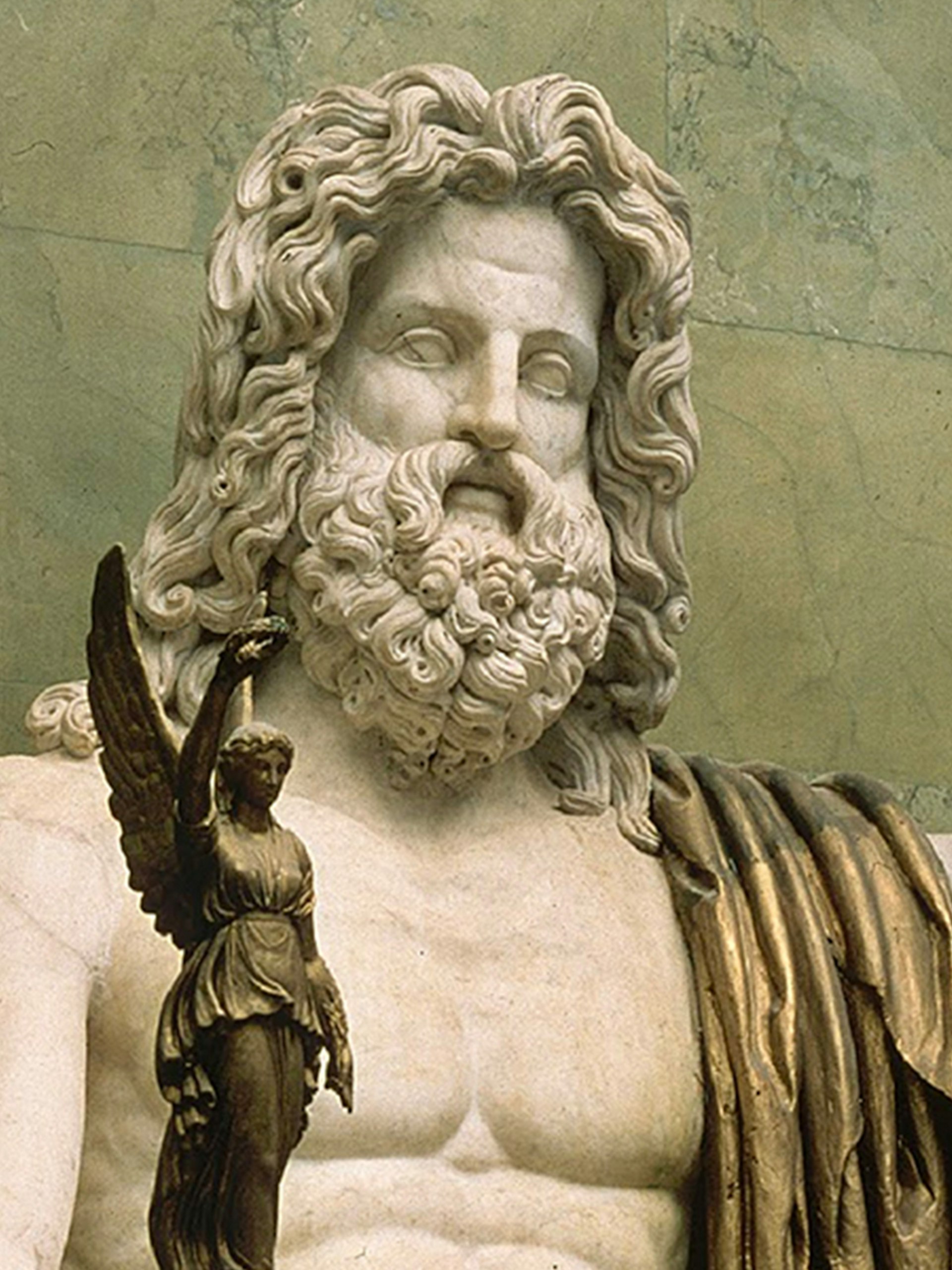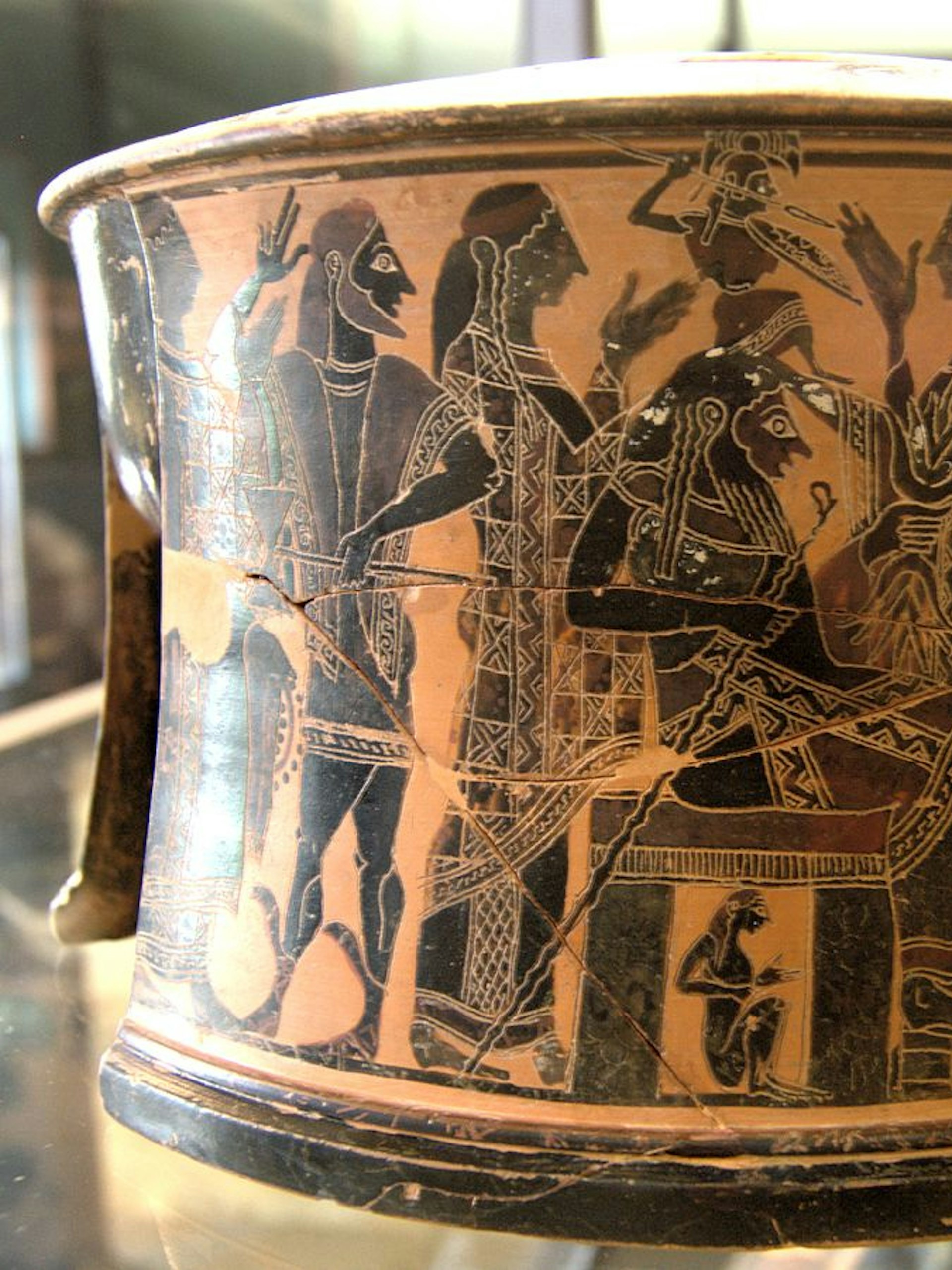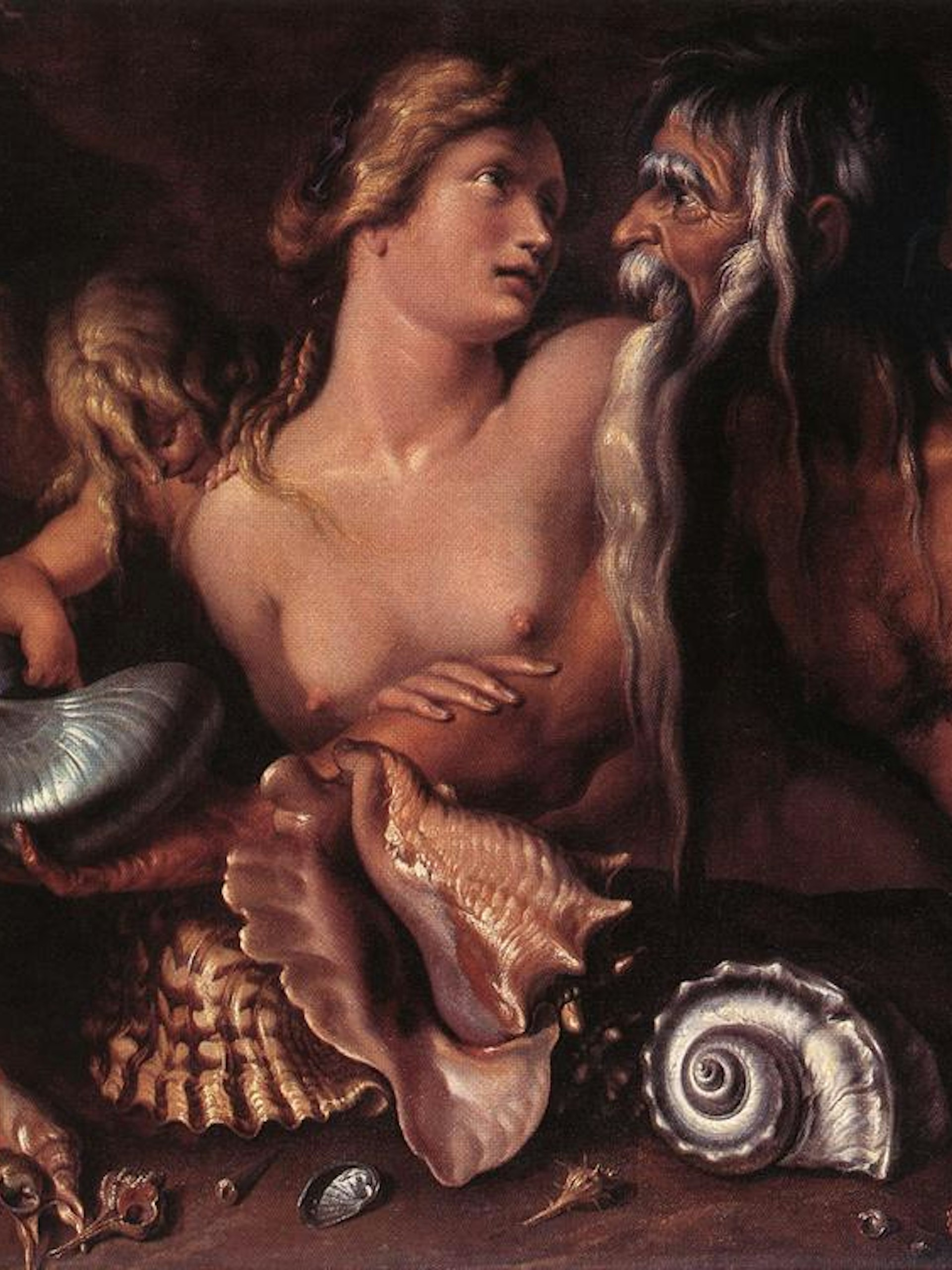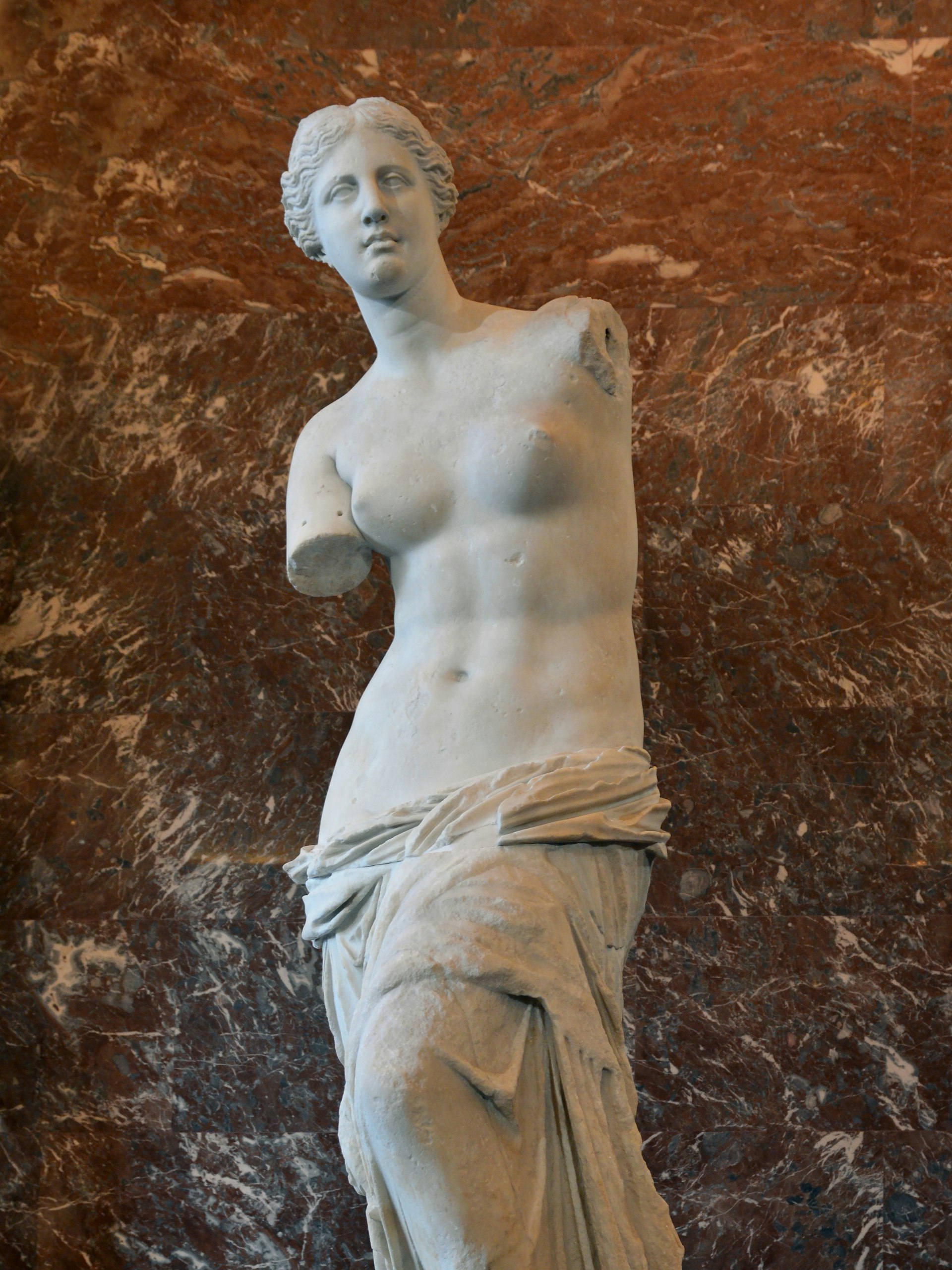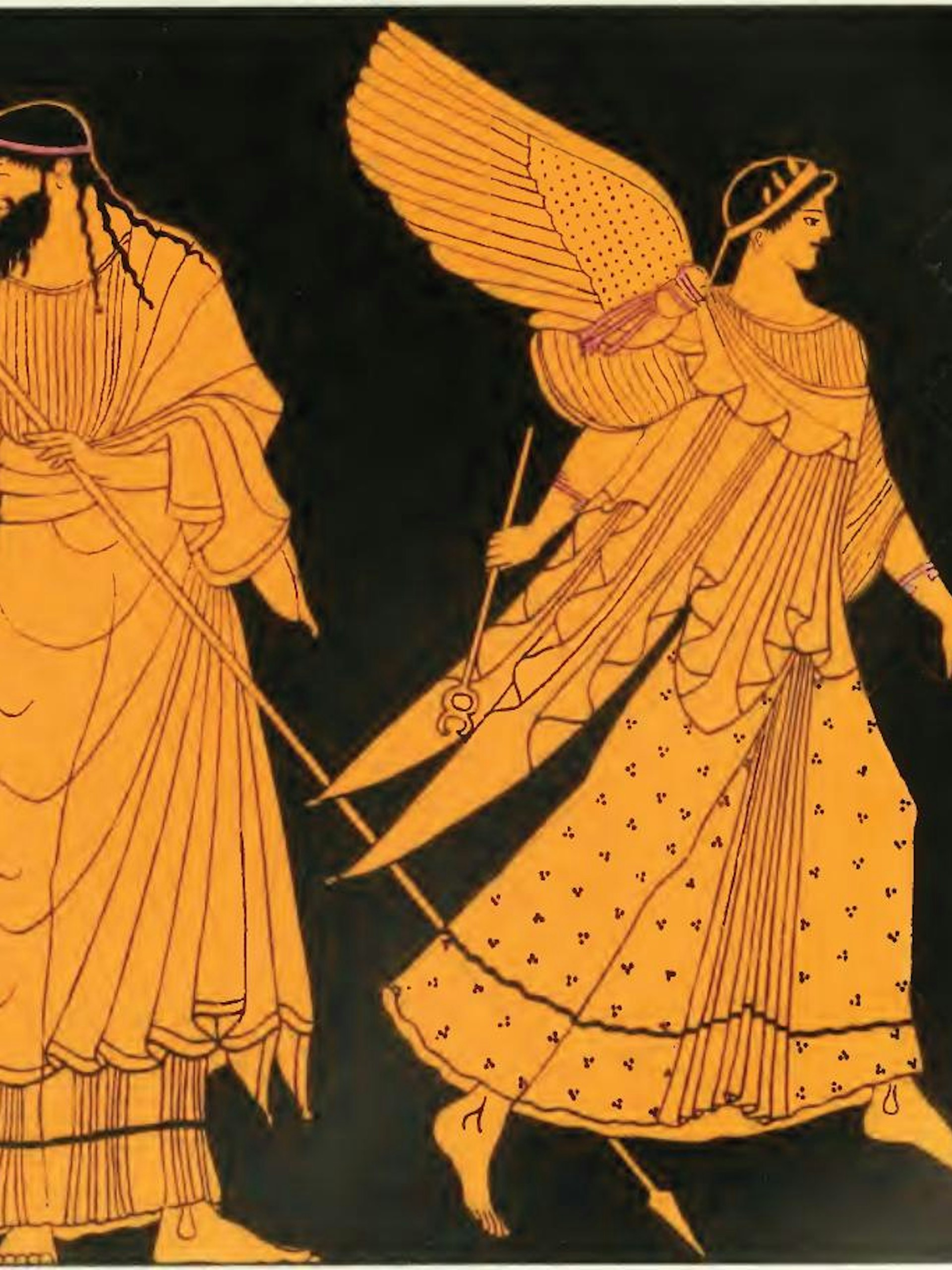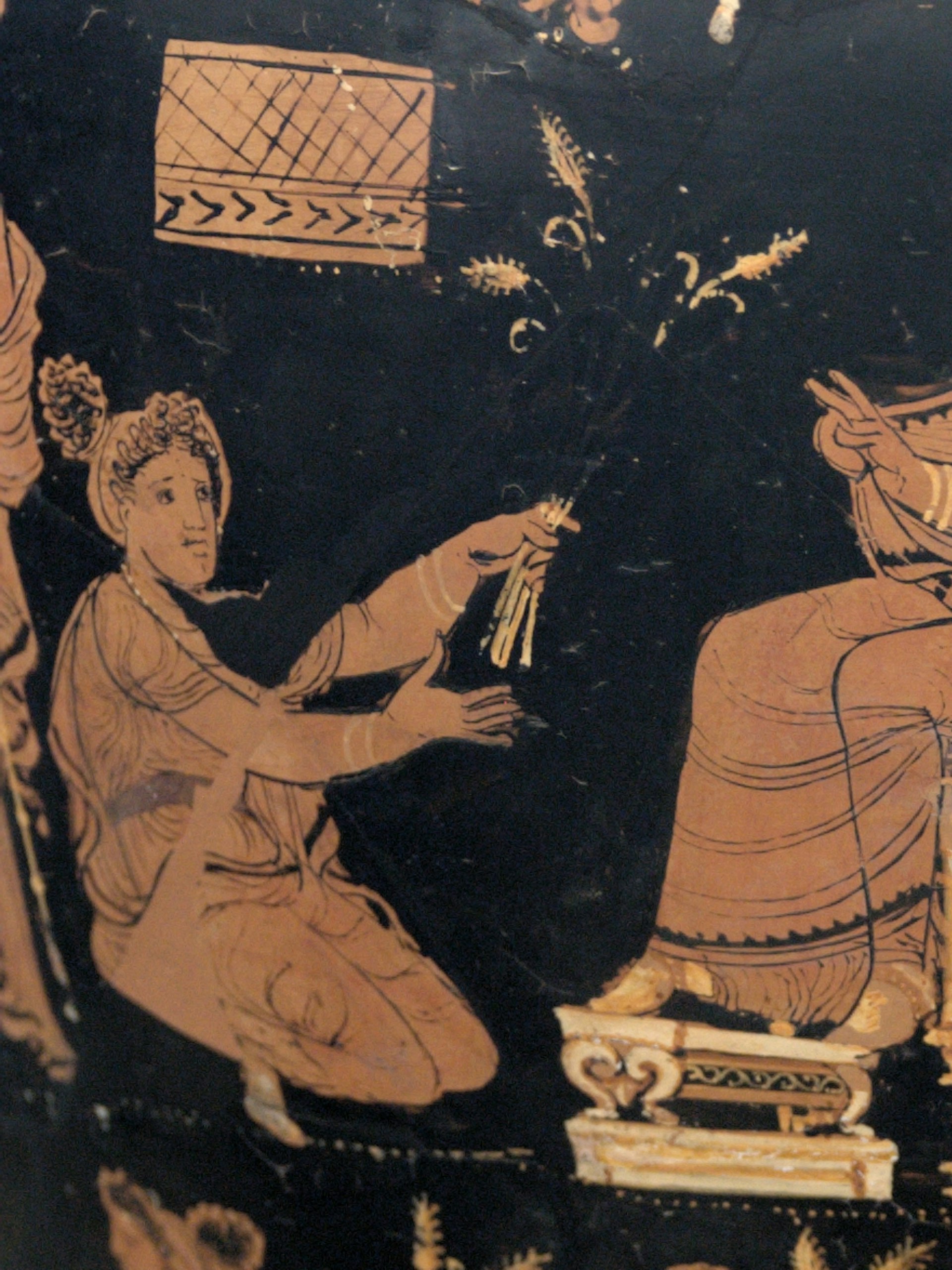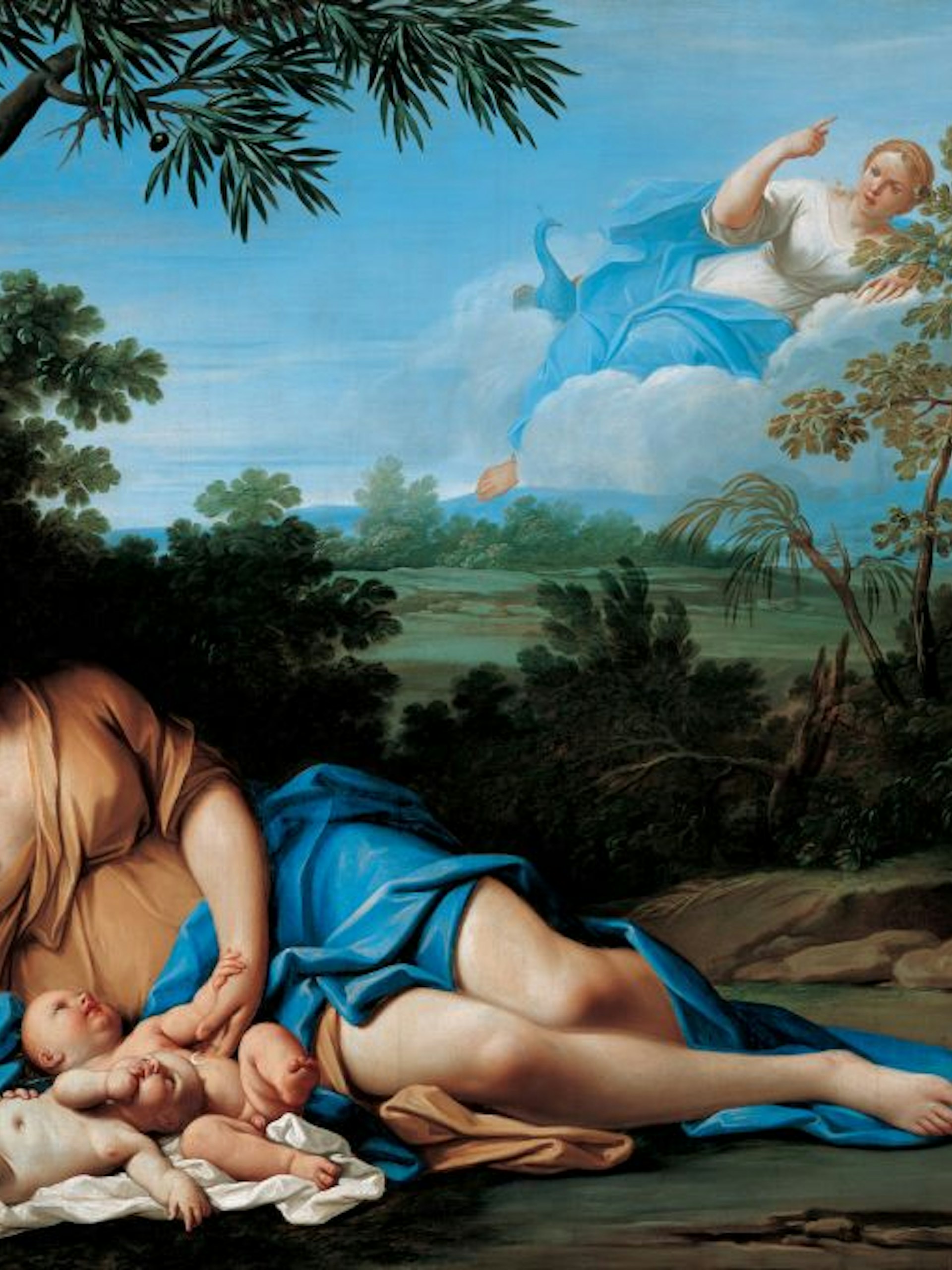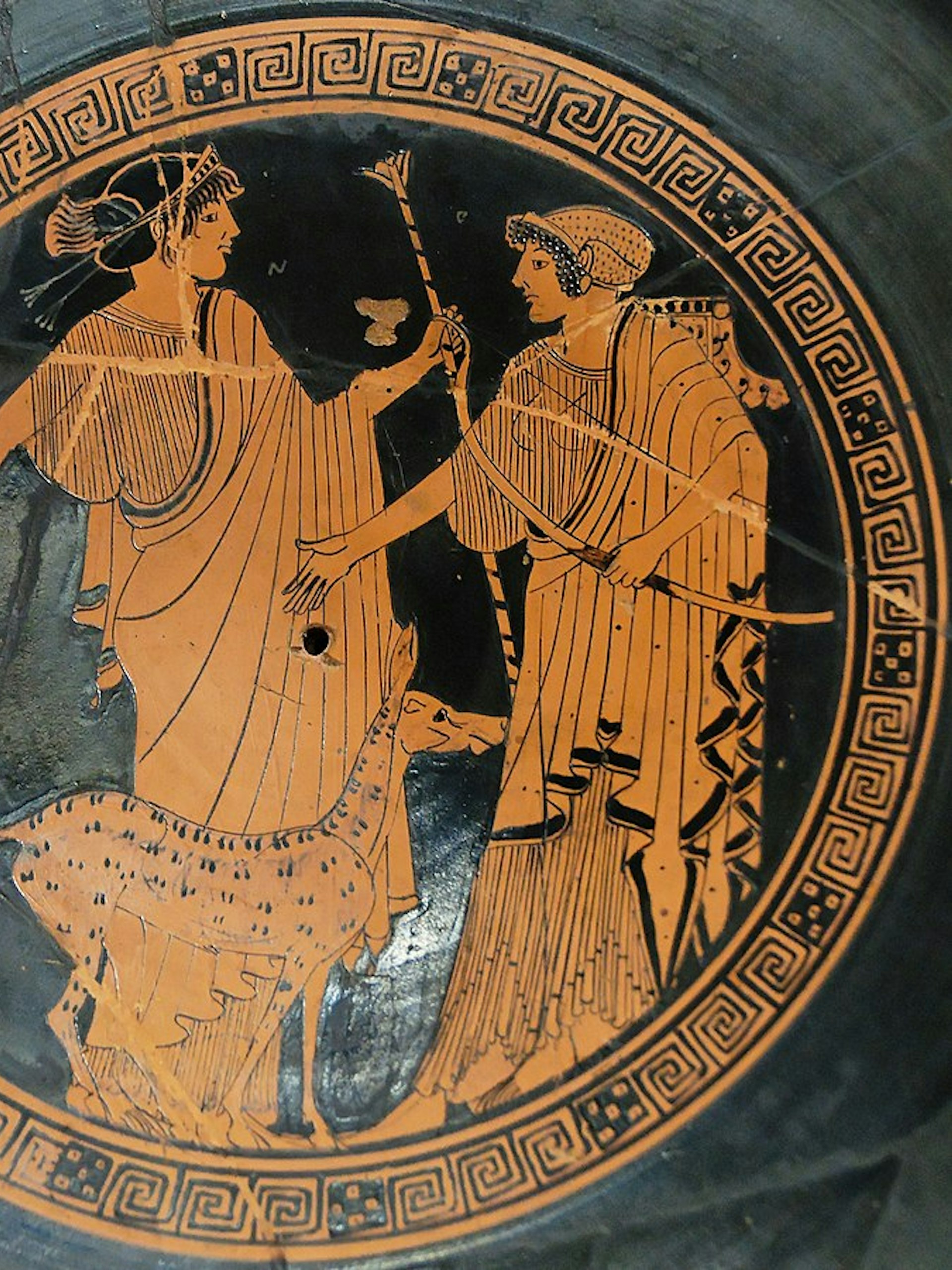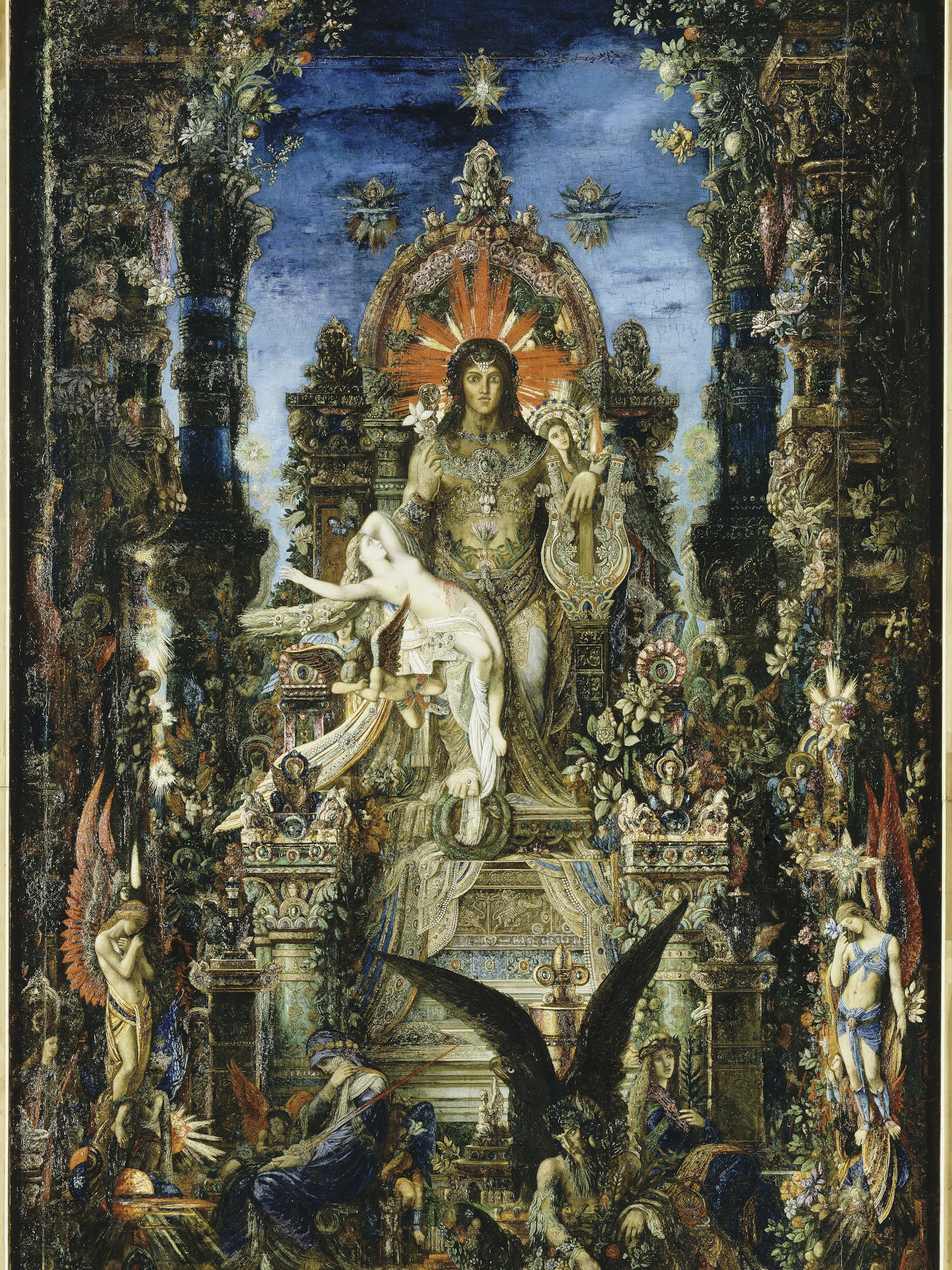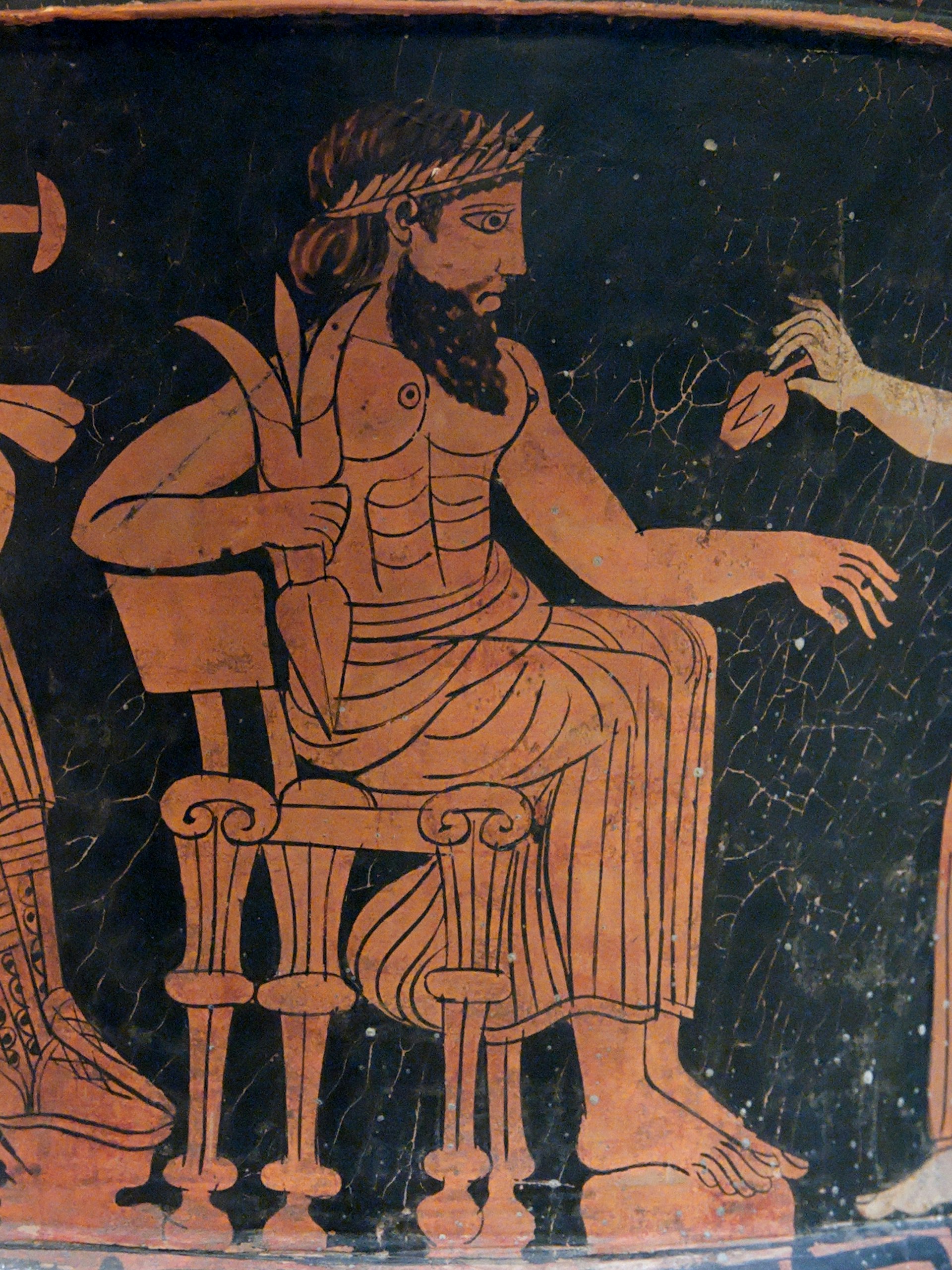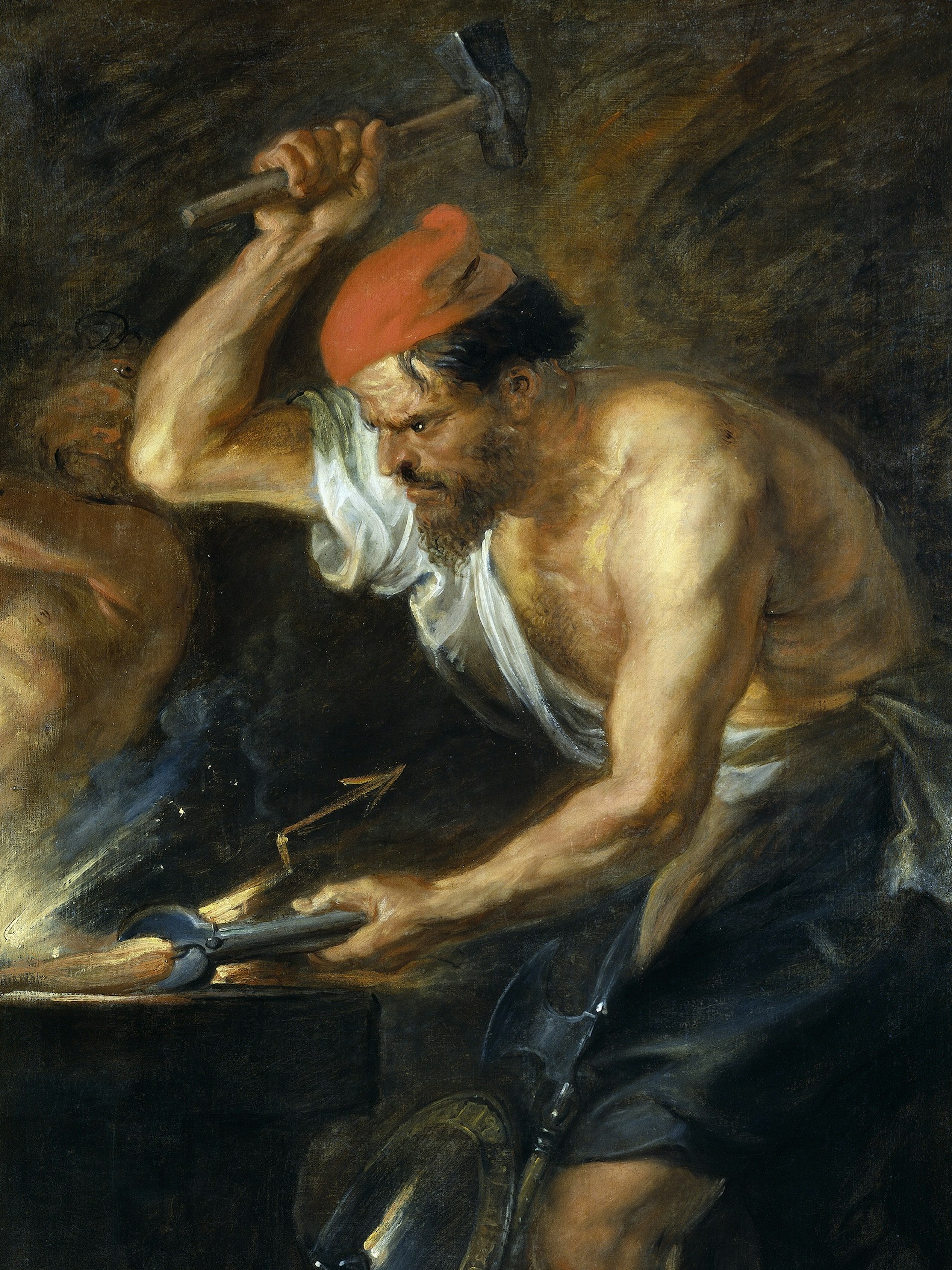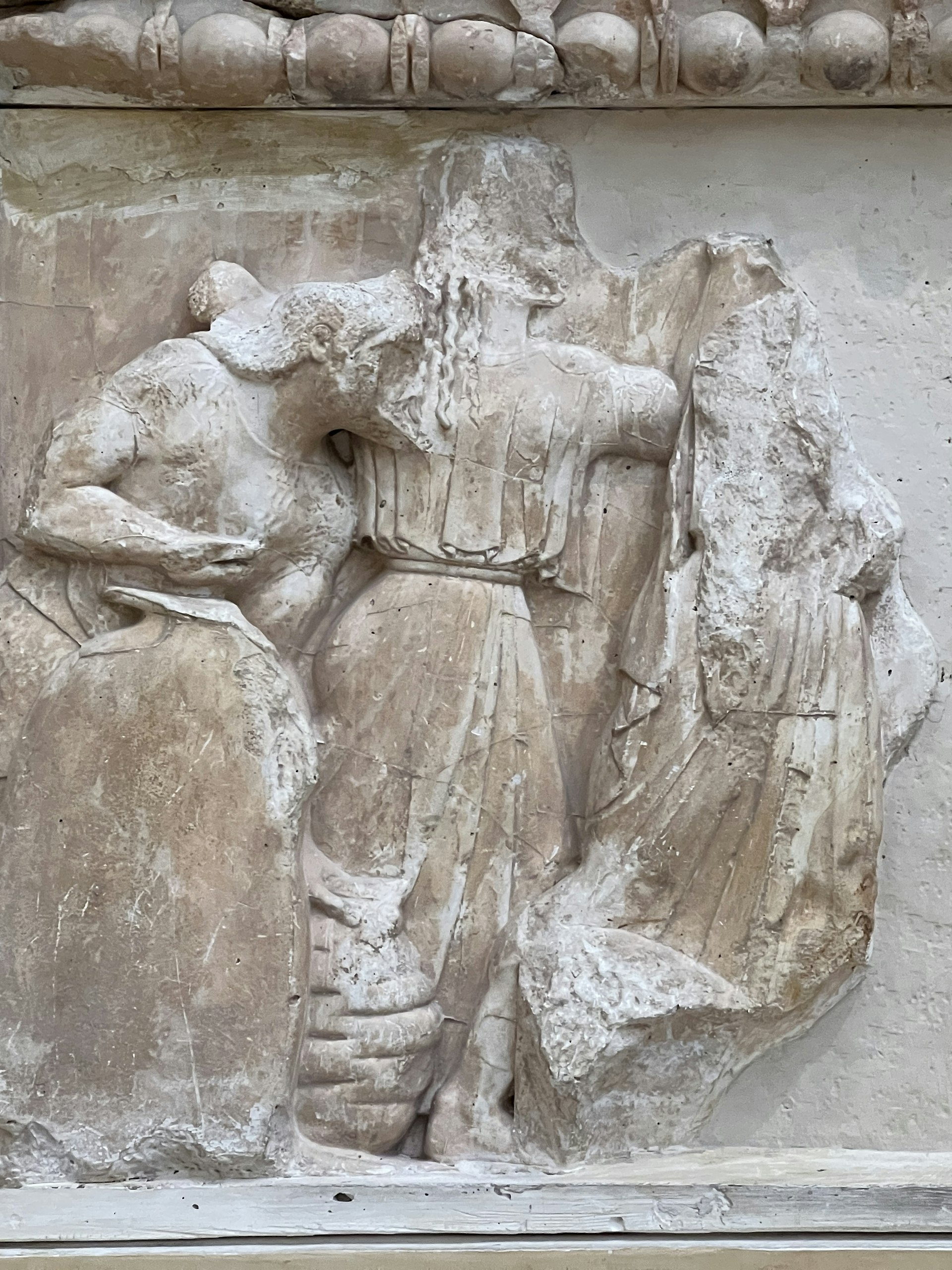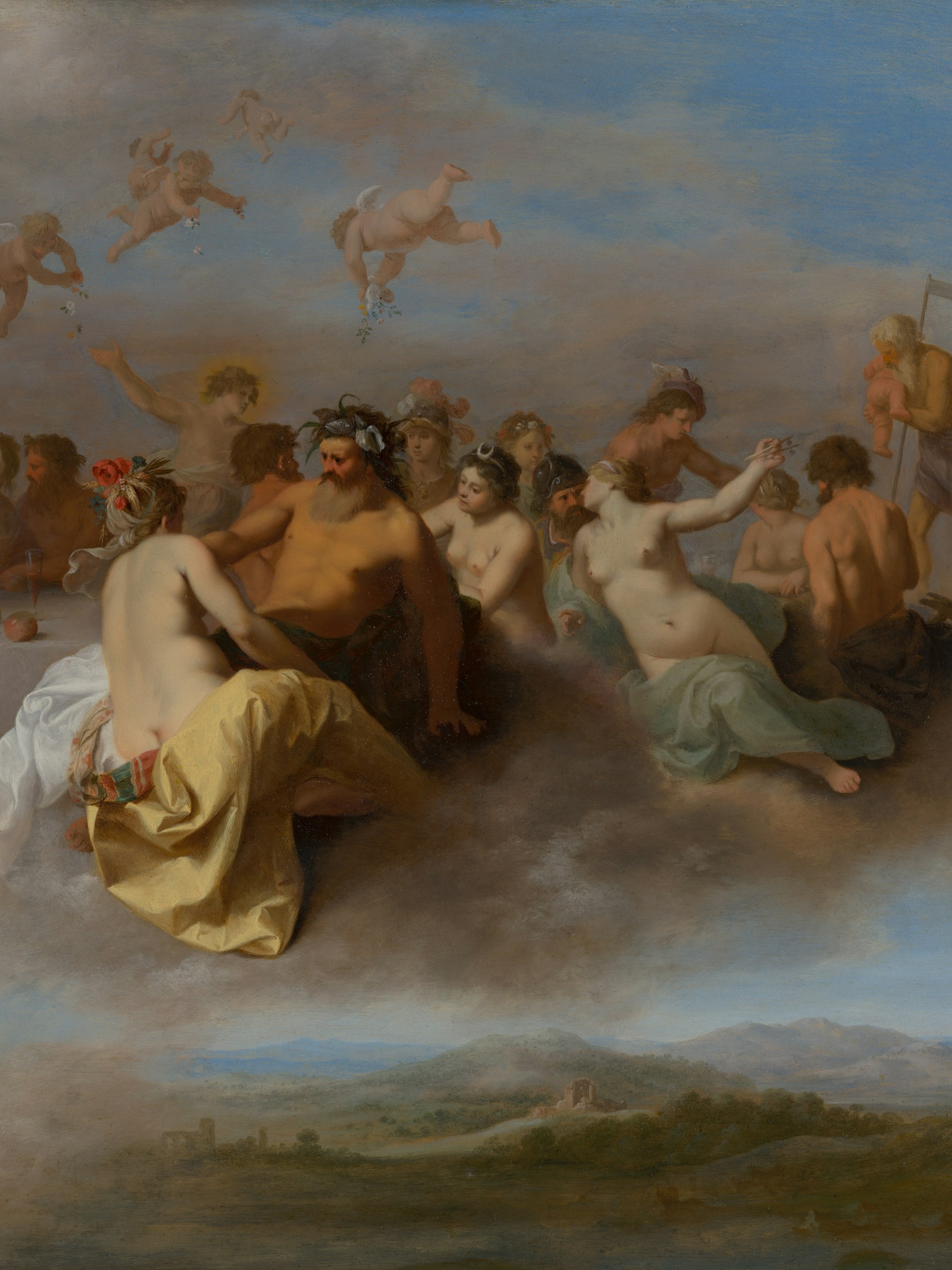Greek Olympians
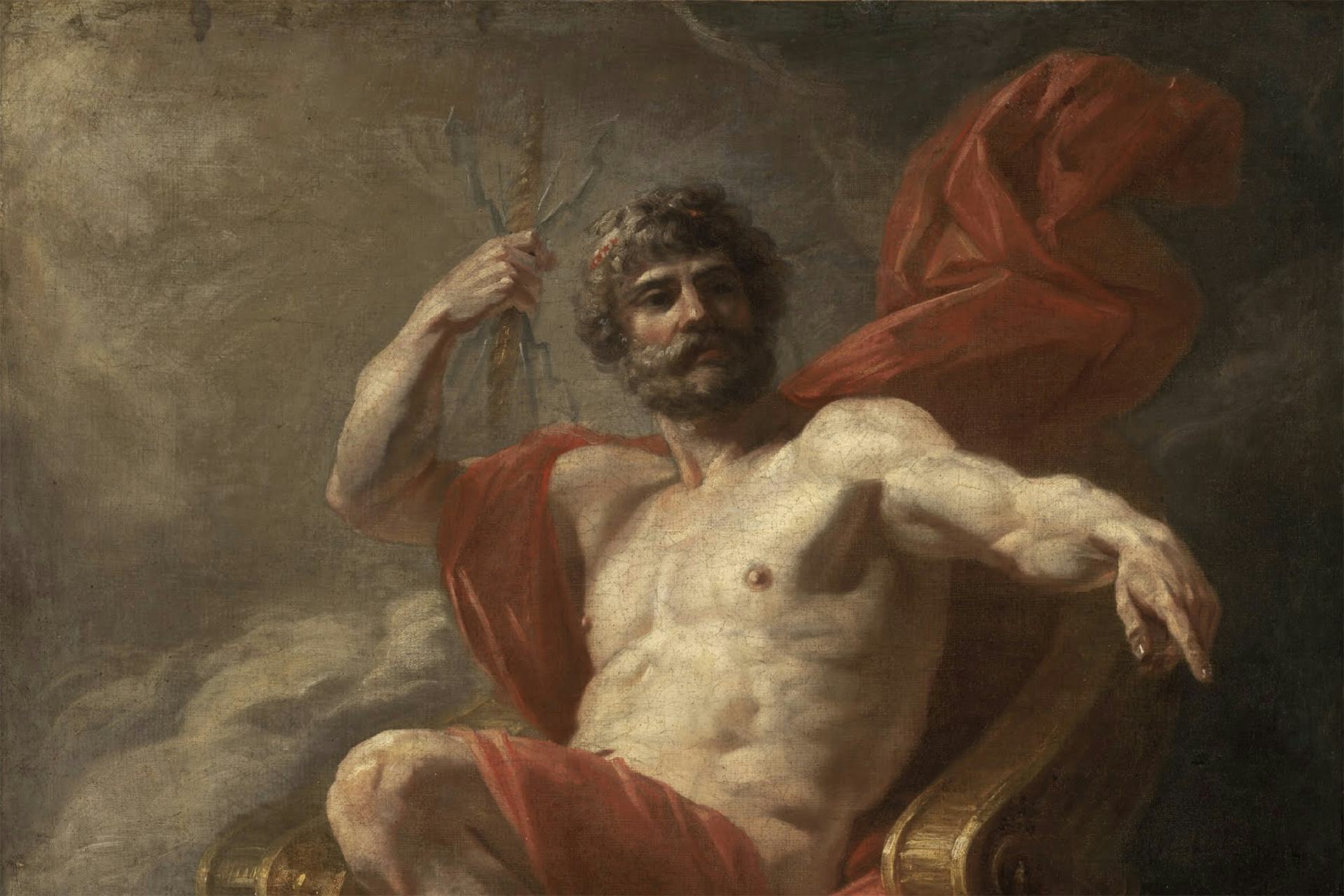
Overview
The Twelve Olympians were the principal deities of Greek mythology. Their name derives from the fact that they lived on Mount Olympus, a medium-sized mountain in northern Greece. With Zeus as their king, they were worshiped as the rulers of the cosmos throughout Greek history.
The first generation of Olympians were children of the Titans Cronus and Rhea, themselves early rulers of the cosmos. Eventually, Zeus and his siblings overthrew the Titans and made themselves the new gods. They continued to rule undefeated (though not unchallenged) for the remainder of the Greek mythical period.
The second generation of Olympians were mostly offspring of Zeus and his siblings. They included Athena, goddess of wisdom, Ares, god of war, and the twins Apollo and Artemis.
Not all sources agreed on the identities of the Twelve Olympians. In some traditions, the domestic goddess Hestia, one of the first generation of Olympians, gave up her seat to Dionysus when he became a god. Because of this, there are actually thirteen gods who were counted among the Twelve Olympians in antiquity.
